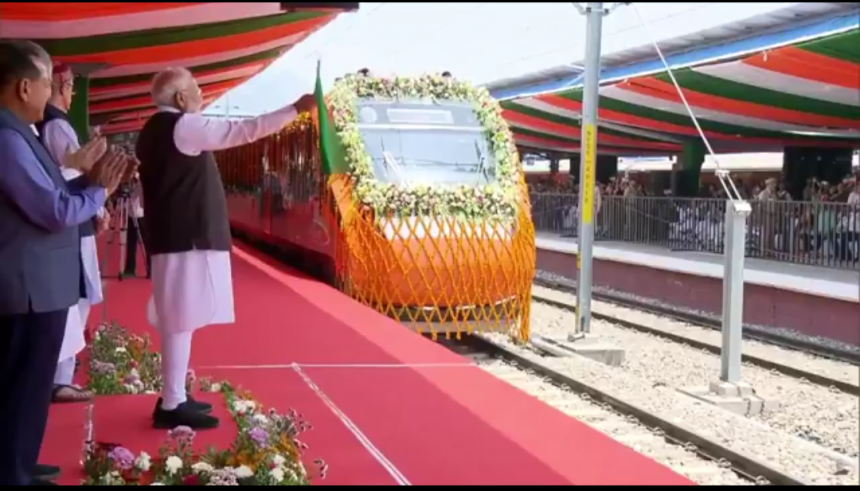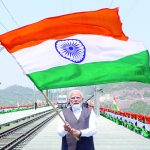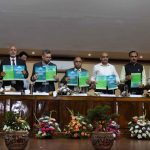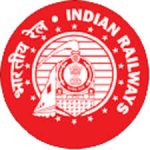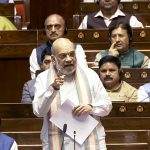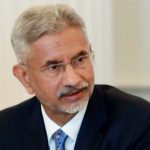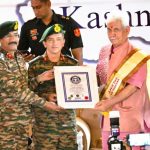Srinagar, June 06: As Prime Minister Narendra Modi flagged off two Vande Bharat Express trains between Shri Mata Vaishno Devi Katra and Srinagar on Friday, it sparked widespread praise across the Valley, with locals calling the service a long-overdue lifeline that finally ends the region’s dependence on strategic Srinagar-Jammu National highway and unaffordable air travel.
Residents, traders, students, and professionals across Kashmir expressed joy and relief as the sleek blue-and-white trains were flagged off. For years, the region has struggled with frequent road closures due to landslides, snowfall, and harsh weather, effectively cutting off Kashmir from the rest of India.
With airfare prices skyrocketing during such times, many Kashmiris were left stranded or forced to cancel travel plans entirely.
Tariq Ahmad Dar, a trader in Srinagar said that this train has ended our helplessness. Whenever the highway closed, Kashmir was completely isolated, flights were unaffordable and even essential goods got stuck. Now, the rail is our best and most reliable option, he said.
“The development of Jammu and Kashmir will not stop,” Modi declared at the rally. If any obstruction comes in its way, it will have to face me first,” he said.
The Vande Bharat trains will begin regular operations from June 7, running six days a week between Srinagar and Katra. The trains are equipped with special features tailored for Kashmir’s terrain and weather conditions, including heated coaches, snow-resistant braking systems, and high-altitude safety measures.
For Zeenat Fatima, a student from Srinagar who studies in Jammu, the launch is life-changing. “I have missed exams because of highway blockades. Sometimes air tickets were ₹10,000 to ₹15,000—how could a student afford that? With the train, I can travel anytime, safely and affordably,” she said.
The rail connectivity is also expected to significantly boost local businesses. Kashmir’s fruit industry, in particular, has faced major losses due to transport delays in winters.
Mohammad Altaf, a fruit grower from Pattan Baramulla, said the train will ensure timely delivery of produce. “Now our apples will reach the market without delays, and that means better returns for farmers,” he said.
Railway officials said the Vande Bharat services will drastically cut travel time and offer unmatched comfort and reliability compared to road or air travel.
The USBRL project, spanning over 272 km, includes 38 tunnels and 927 bridges, overcoming some of the toughest geographical and climatic challenges in the country.
The Chenab Rail Bridge, standing at a height of 359 metres above the riverbed, has already earned global recognition as the highest railway bridge in the world.
It is seen not just as an engineering marvel but also as a powerful symbol of India’s commitment to integrating Kashmir with the national mainstream.
Rayees Ahmad, a college lecturer in Baramulla, said this is more than just a transport service. It is a message that Kashmir matters. We are now connected not only physically, but emotionally and economically to the rest of the country.”
The Prime Minister’s visit also included the inauguration of several other infrastructure projects worth over ₹46,000 crore across Jammu and Kashmir, covering roads, power, water supply, and tourism infrastructure.
Officials in the Union Territory said the operationalization of the Vande Bharat trains is a landmark moment in the long-awaited integration of Kashmir into India’s modern transport grid.




